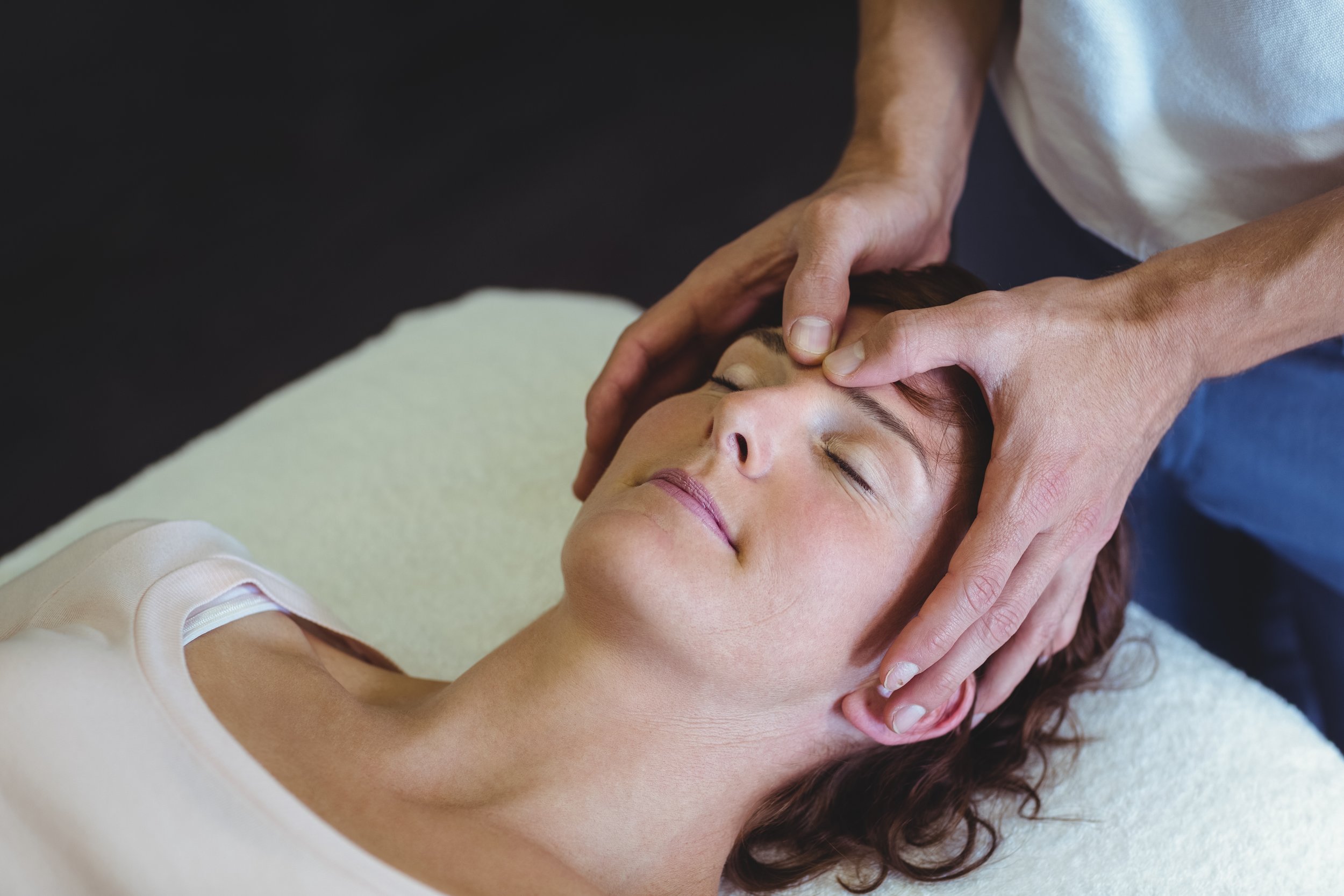CranioSacral therapy is non-invasive and scientifically based
It can be a very effective treatment for a wide range of common conditions such as migraines, neck and back pain, stress-related problems, orthopedic conditions and even dental problems. CST has been used on babies to help reduce colic, crying and
miss-shapened skulls, as well as children with attention deficit disorders, dyslexia, autism and learning difficulties. CranioSacral Therapy is also very helpful for accident recovery, helping to gently and effectively release adhesions in the
muscles, connective tissue, sacrum and cranium.
CranioSacral therapy was first developed in the 1920’s by Dr. William Sutherland, who discovered the gentle rhythm of the cerebral spinal fluid which he called the Primary Respiratory Mechanism. After extensive investigation into the movements of the cranial bones, he developed Cranial Osteopathy. In the 1970’s, Sutherland’s work was researched and scientifically validated by a team led by Dr. John Upledger, D.O. at Michigan State University. Subsequently, Dr. Upledger went on to develop a method of training CranioSacral therapists and created the Upledger Institute. Dr. Maureen Schwehr, a naturopathic physician, was trained in the Upledger tradition at the Integrative Bodywork Institute by Dr. Nancy Soliven, DC, MD who was Team Leader at the Upledger Brain and Spinal Cord Center. Dr. Schwehr has taught CranioSacral therapy at Bastyr University in Seattle, and the Cortiva Institute, Desert Institute of the Healing Arts in Tucson. She currently conducts classes in Tucson and Minneapolis/St. Paul.
Dr. Schwehr teaches her students how to follow body signals to find the root of their clients’ problems. She brings to the classroom extensive experience with CranioSacral Therapy and a unique intuitive approach that helps her bring out the best in her students. Development of your intuition is an important part of CranioSacral Therapy. Students learn how to listen to the body to find the area’s of restriction and to work with the subtle rhythm of cerebrospinal fluid. Most students find practicing CranioSacral therapy is a life changing experience that allows them to expand their intuition in other areas of their work and life.



